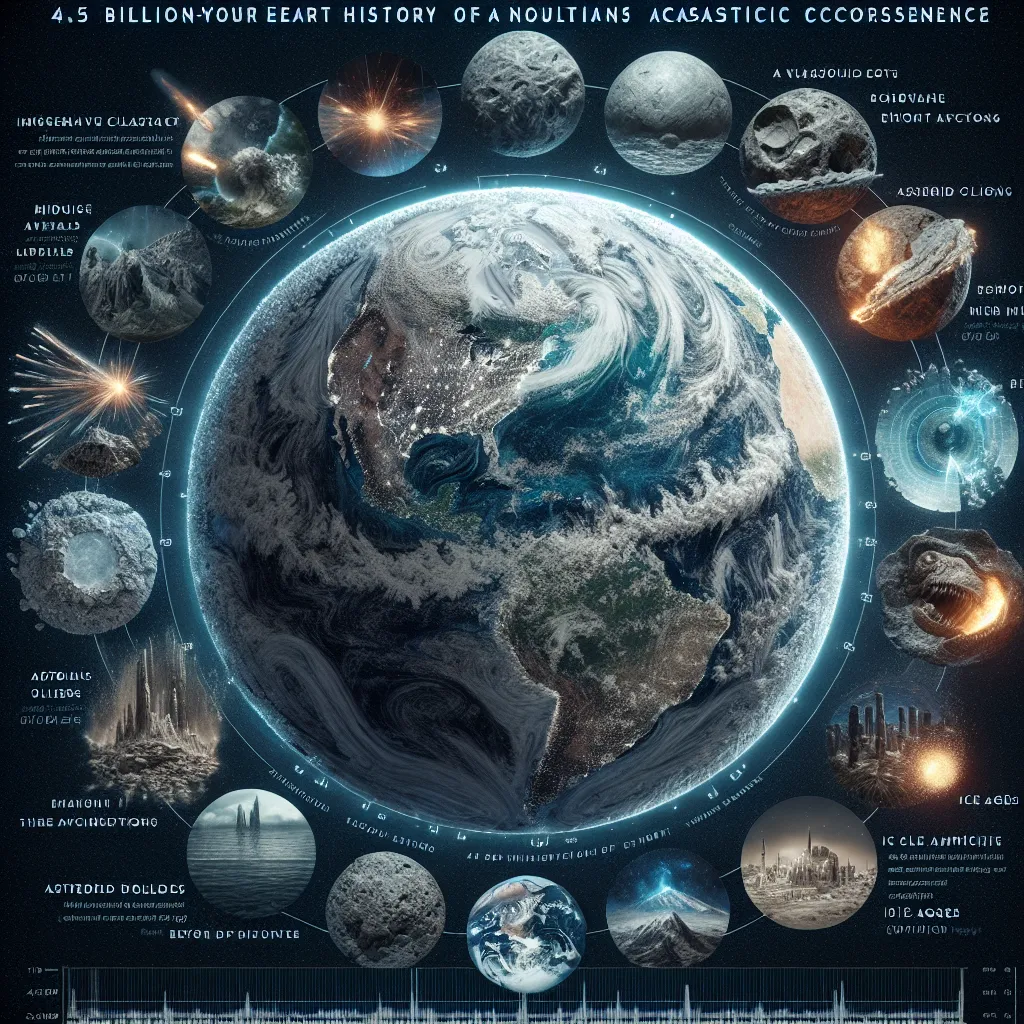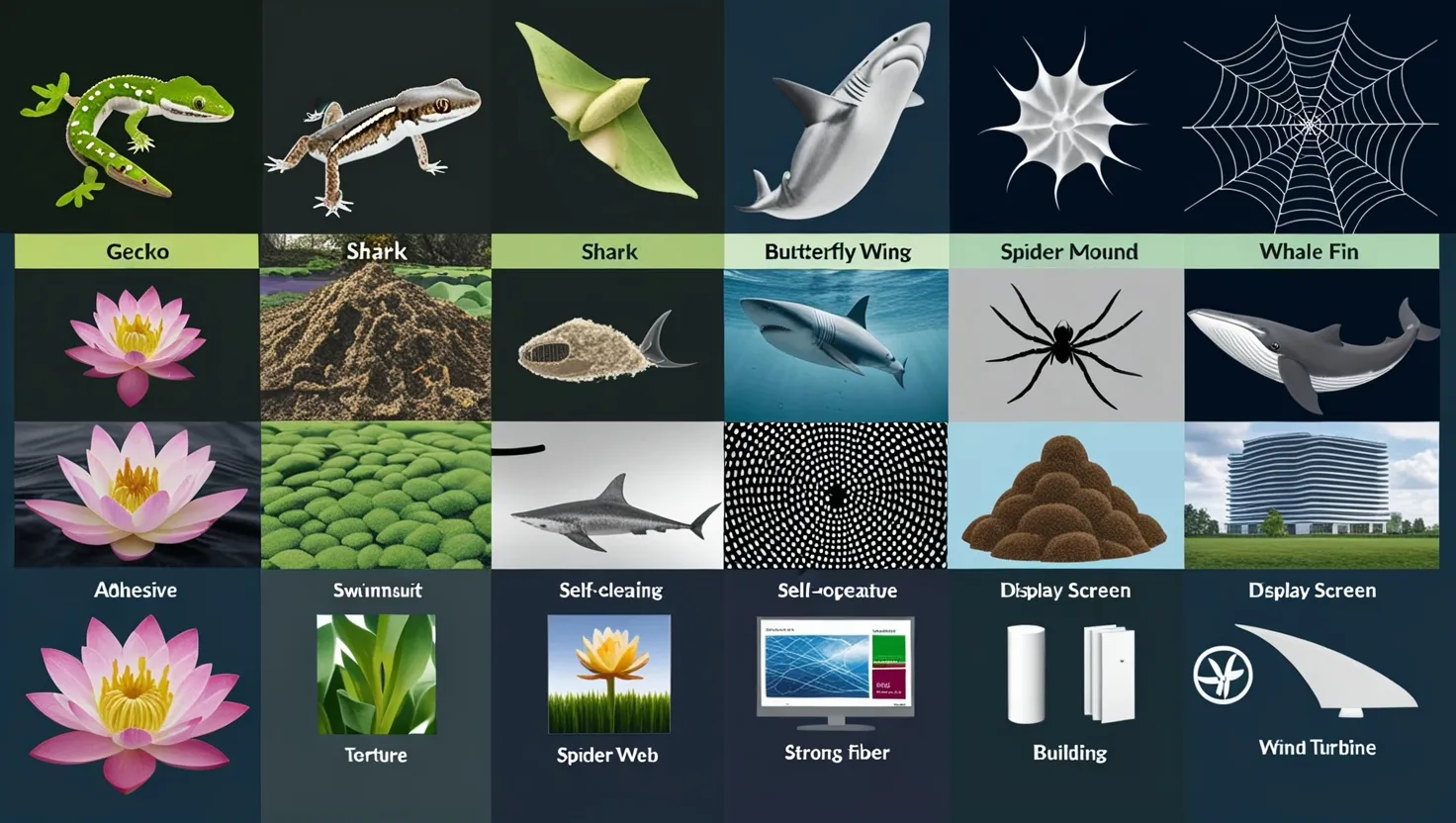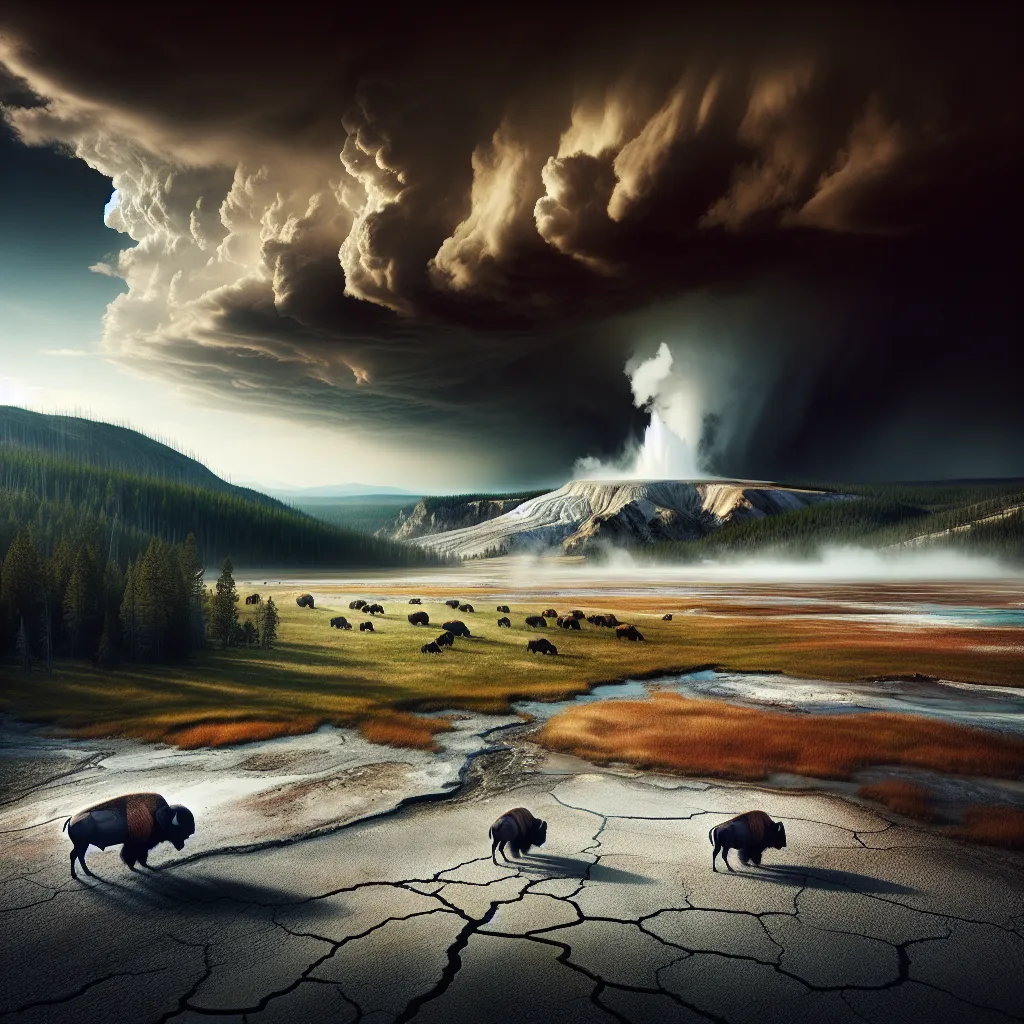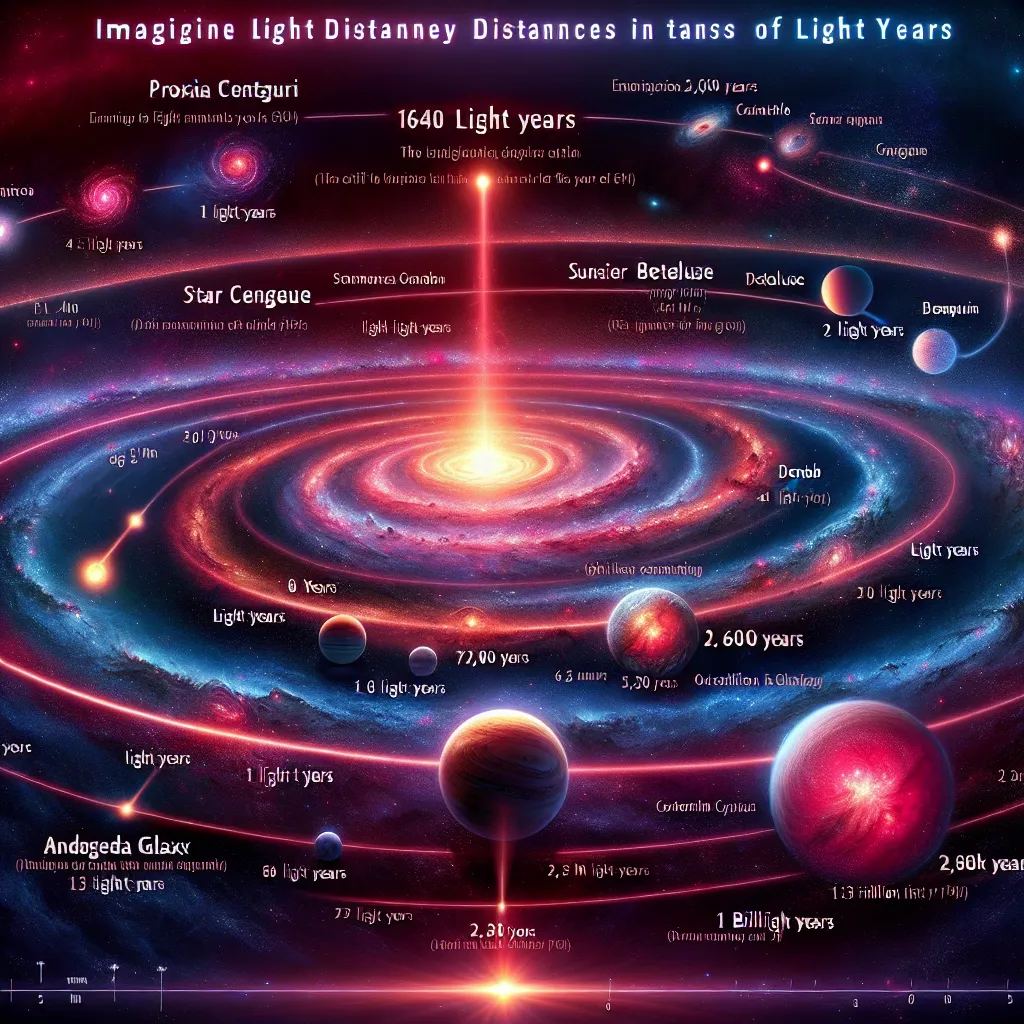It’s easy to get lost in the hustle and bustle of daily life and forget just how fragile our existence on this planet is. Earth has been through countless global catastrophes, wiping out 99% of all the species that once lived here. Those same forces are still very much at play today. We’re protected only by a thin atmosphere and stand on nothing more than a fragile crust. We could easily be the next dominant species to face extinction. This is the story of how vulnerable we truly are.
Earth’s history is a constant loop of destruction and renewal. Every living being is part of this cycle. As it stands, 99% of species have already gone extinct. However, we often forget the immense power of these forces. So far, humanity has managed to avoid a global catastrophe, but history shows we are much more at risk than we think. The next big disaster could be lurking just around the corner.
Imagine all of Earth’s 4.5 billion-year history condensed into a single day. Earth formed at midnight. Just nine minutes later, disaster struck as another planet collided with it. Yet Earth survived, and life began to evolve. Fast forward to 8:30 PM, and the entire planet froze over. By 10:40 PM, massive volcanic eruptions nearly wiped out all life. At 11:38 PM, an asteroid killed off the dinosaurs, paving the way for mammals to dominate. Finally, just under a minute to midnight, a hardy new species—Homo sapiens (us)—began its march toward world domination. We spread rapidly, adapting to every challenge thrown our way.
But make no mistake: our ancestors faced numerous catastrophes along the way. Each one was different, but any could have halted human civilization in its tracks. Thirty-four thousand years ago, a disaster struck India. Genetic evidence suggests it was devastating enough to nearly wipe out the human population there. The culprit? The Toba supervolcano in Indonesia erupted 74,000 years ago, blanketing the region in ash and leading to what’s termed a “volcanic winter.” It was a colossal event with an eruption column that might have reached the edge of space.
This wasn’t an isolated event, though. Across our planet, 47 supervolcano sites have been discovered. Though many are now inactive, some remain ticking time bombs, including the famous Yellowstone Caldera in the United States. If another supervolcano erupts, the consequences could be catastrophic. The real danger isn’t just from the magma but from volcanic ash, which can travel vast distances and disrupt global ecosystems.
Beyond volcanoes, our history includes ice ages that have periodically gripped the planet. Twenty-one thousand years ago, the last major Ice Age peaked. Glaciers spanned vast regions, forcing our ancestors to migrate or perish. These glaciations, caused by Earth’s changes in orbit, will happen again.
Earth’s collisions with objects from space pose another existential threat. Thirteen thousand years ago, a cosmic impact might have wiped out North America’s mega mammals, drastically altering the ecosystem. The scenario remains plausible today, with astronomers constantly monitoring the skies for near-Earth objects that could pose a danger.
We often take our modern civilization for granted, forgetting how perilously balanced our existence is. From volcanic eruptions to ice ages to asteroids, the history of our planet is a reminder of our vulnerability. It’s not that we’ve been particularly lucky; we just haven’t hit the jackpot of bad luck—yet.






